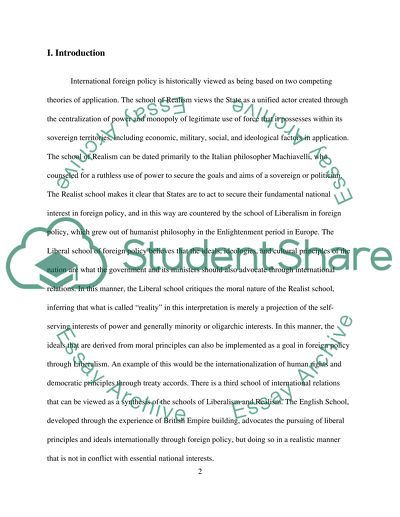Cite this document
(“Realism, Liberalism, and the English School Research Paper”, n.d.)
Retrieved from https://studentshare.org/education/1432449-discuss-address-the-following-issues-listed-below
Retrieved from https://studentshare.org/education/1432449-discuss-address-the-following-issues-listed-below
(Realism, Liberalism, and the English School Research Paper)
https://studentshare.org/education/1432449-discuss-address-the-following-issues-listed-below.
https://studentshare.org/education/1432449-discuss-address-the-following-issues-listed-below.
“Realism, Liberalism, and the English School Research Paper”, n.d. https://studentshare.org/education/1432449-discuss-address-the-following-issues-listed-below.


